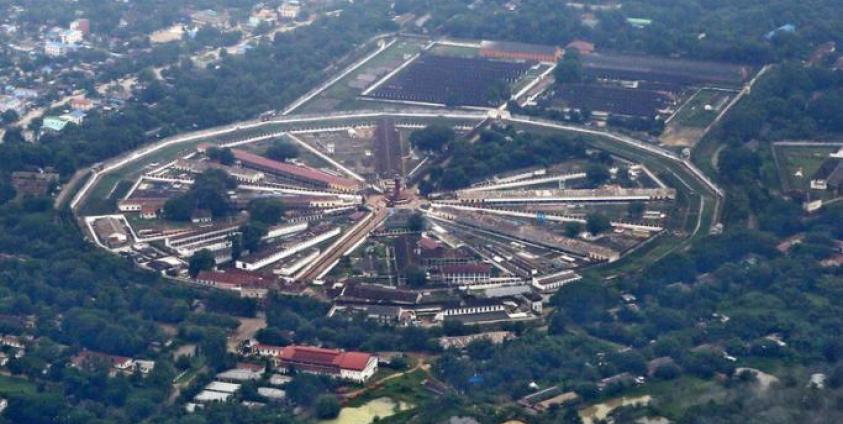Since the Myanmar military grabbed control of the country in a coup in February 2021, one of their evil methods to break people and fight the opposition is the use of torture.
Last week, Mizzima received notice of a letter – passed on by the Dagon University Students' Union – written by an imprisoned student about the torture of political prisoners and the lack of health care in Insein Prison in Yangon. The letter described the torture of political prisoners in the facility, calling on foreign organizations and the media to raise the issue.
The letter talks about the apparent refusal to treat serious medical conditions – including those resulting from the brutalizing of inmates by the prison authorities. One inmate was badly treated during interrogation and kept falling unconscious in his cell, to be revived by his fellow inmates, but no treatment was provided.
In another case, an inmate, who had been hit by a car during a protest and arrested, was clearly badly injured, but no treatment was given, according to the student’s letter.
Often political prisoners are brutally interrogated in prisons or detention centres around Myanmar in attempts to obtain information, often with serious injury to the prisoner. In a number of cases, the prisoner has died. There are several documented cases of political prisoners and journalists being brutalized in prison, with some dying. Typically, the prison authorities will try to cover up the circumstances of the death, cremating the person before the family can see their loved one.
Needless to say, such brutal behaviour by the Myanmar junta authorities breaks international law.
As the student notes in his letter, these serious actions conducted by the Military Council need to be exposed to the local and international community.
The United Nations, ASEAN and governments around the world need to put pressure on the Myanmar junta to refrain from torture and other inhumane treatment of prisoners.
As the student noted: “I call on the international community and relevant organizations in Myanmar to provide adequate medical care and assistance for political prisoners and other detainees in the prisons.”







